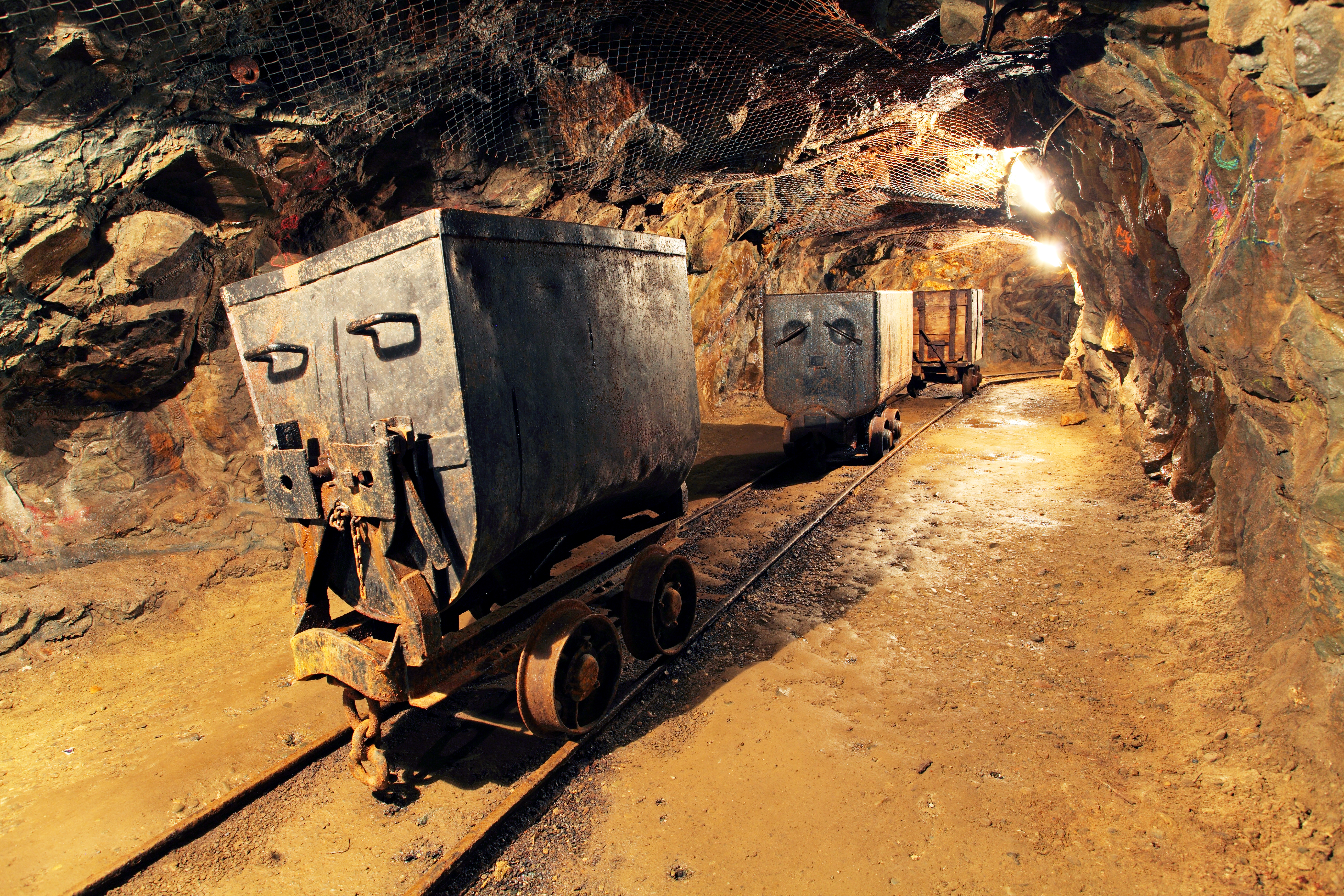
The Frank-Dodd Act of 2010 requires companies to report whether there are any conflict minerals in their supply chain. This would include any gold, tin, tantalum, or tungsten originating in the Democratic Republic of Congo. The feel-good intention is to hurt militia groups funding their violence by selling those minerals.
The completely foreseeable yet unintended consequences are to hurt poor people, slightly inconvenience the militia warlords, and impose huge costs on American businesses. Oh, and starting next year, generate huge fees to CPAs.
Here’s a quick tour of articles to make my point. First some background:
9/5/14 – Emily Chasan at Wall Street Journal – “Conflict Minerals” Too Hard To Track, Commerce Department Says – The Commerce Department conceded that it is not able to determine which of the refiners and smelters spread around the globe are used to fund the violence in Congo.
In spite of the feds inability to distinguish between conflict and non-conflict materials, manufacturers are required to report where they get their conflict minerals and are required to declare whether their products are conflict-free.
One trade association has certified a mere 100 smelters as being conflict-free. The Commerce Department said gold purchased through the Shanghai Gold Exchange is untraceable. Somewhere in the range of one-fifth of all gold sold on the planet goes through that exchange.
8/3 – Emily Chasan at Wall Street Journal – US Firms Struggle to Trace “Conflict Minerals” / Dodd-Frank requirement to disclose metals and supply chain connected to war-torn regions proves costly – Cost to US public companies last year:
- $709 million and
- 6 million staff hours.
Even with that, 90% of 1262 public companies that filed the mandatory reports with the SEC were not able to determine whether their supply chain is conflict-free.
Next year the companies have to hire auditors to test the filings.
7/27 – Coyote Blog – Dodd-Frank a Disaster for the Poorest People in Africa – Article has several links. Article does a good job in pulling together the unintended consequences.
Those foreseeable consequences from the law’s requirements have cut off the flow of income for extremely poor people who made a few dollars a day running an artisanal mine. The warlords have turned to smuggling to get minerals into legitimate markets.
7/23 – Competitive Enterprise Institute – Dodd-Frank’s Conflict-Minerals Rule Increases Violence in the Congo – Article says violence and looting are way up since the law was passed. The cited research study also indicates hunger has increased in Congo, American businesses are at a competitive disadvantage, and smuggling has increased.
Article says the impact of the law has been a de facto embargo on any minerals mined in the region. Not just Congo, but neighboring countries as well. Anyone willing to smuggle with the capacity to do so can continue mining. That means poor people lose their income and the militia warlords keep operating.
The ineffectiveness of the law to stop the warlords and the economic harm to poor people are expected results. The unintended consequences were foreseeable.
Perhaps this post would better fit into one of my other blogs where I have ongoing discussions of unintended consequence. Since this post talks about damage from government actions instead of impact from development, seems it is a better fit here.